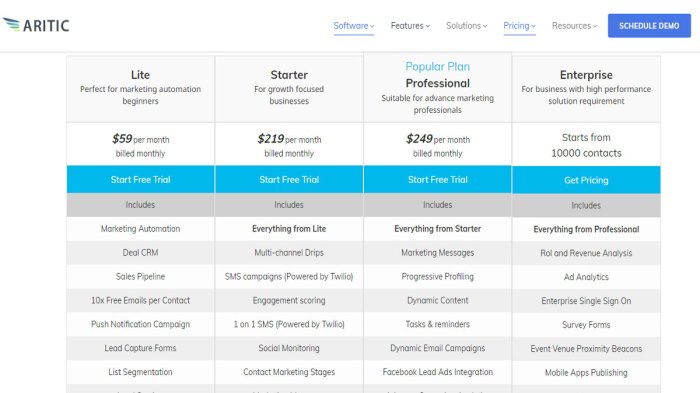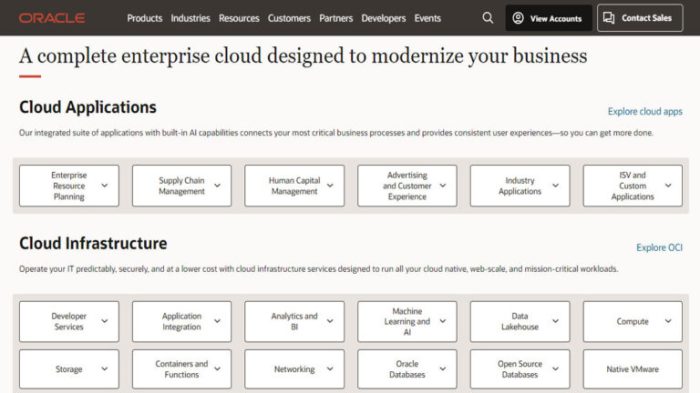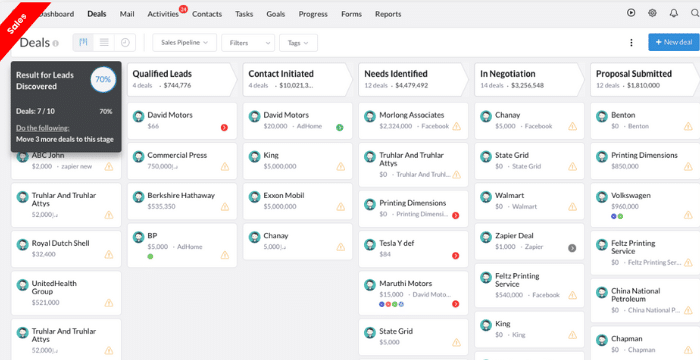In today’s dynamic business environment, efficient project management is paramount. Integrating Customer Relationship Management (CRM) with project management capabilities offers a powerful synergy, streamlining workflows and enhancing customer satisfaction. This comprehensive guide explores the best CRM project management software solutions, helping you choose the ideal platform for your organization’s needs. We’ll delve into key features, functionalities, pricing models, and considerations to help you make an informed decision.

Source: ziligma.com
Understanding the Synergy of CRM and Project Management
Traditionally, CRM and project management were treated as separate entities. However, integrating these functions creates a powerful, unified system. A combined CRM project management solution offers several key advantages:
- Improved Customer Communication: Track project progress and communicate updates directly within the CRM, ensuring transparency and proactive customer engagement.
- Enhanced Collaboration: Facilitate seamless collaboration between sales, marketing, and project teams, fostering a unified approach to customer projects.
- Streamlined Workflows: Automate tasks, manage deadlines, and track resources effectively, reducing bottlenecks and improving efficiency.
- Data-Driven Insights: Gain valuable insights into project performance, customer satisfaction, and overall business efficiency through integrated data analysis.
- Increased Revenue: Improved project management leads to better customer satisfaction, increased customer retention, and ultimately, higher revenue generation.
Key Features to Look for in CRM Project Management Software
When selecting CRM project management software, consider these essential features:
Project Management Capabilities:
- Task Management: Assign tasks, set deadlines, track progress, and manage dependencies effectively.
- Gantt Charts: Visualize project timelines, dependencies, and milestones for better planning and execution.
- Kanban Boards: Utilize visual Kanban boards to manage workflows, track progress, and identify bottlenecks.
- Time Tracking: Monitor time spent on tasks and projects to improve resource allocation and project budgeting.
- Reporting and Analytics: Generate comprehensive reports on project performance, resource utilization, and overall project health.
CRM Features:
- Contact Management: Maintain detailed records of customer interactions, preferences, and project involvement.
- Lead Management: Effectively manage leads, track their progress through the sales pipeline, and assign them to relevant projects.
- Sales Automation: Automate sales processes, such as follow-ups, proposals, and contract management.
- Customer Support Integration: Integrate with customer support systems to track customer issues and ensure timely resolution.
- Communication Tools: Facilitate communication with customers and internal teams through integrated messaging, email, and video conferencing.
Integration Capabilities:
- Third-party Integrations: Seamlessly integrate with other business tools, such as accounting software, marketing automation platforms, and communication tools.
- API Access: Access to APIs allows for customization and integration with custom-built applications.
Top CRM Project Management Software Solutions
The market offers a wide array of CRM project management software. Here are some of the leading options, categorized for easier comparison:
High-End Enterprise Solutions:, Best crm project management software
- Microsoft Dynamics 365: A comprehensive suite offering robust CRM and project management capabilities, ideal for large enterprises. Known for its extensive features and scalability.
- Salesforce Sales Cloud + Project Management Apps: Salesforce’s powerful CRM integrates well with various project management apps like Jira, Asana, and Monday.com, offering flexibility and customization.
Mid-Market Solutions:
- Zoho CRM + Zoho Projects: A cost-effective solution offering a comprehensive suite of CRM and project management tools. Excellent for businesses looking for integrated functionality without a high price tag.
- HubSpot CRM + HubSpot Project Management: A strong option for marketing-focused businesses, offering seamless integration between CRM and marketing automation capabilities.
Small Business Solutions:
- Freshworks CRM + Freshdesk: A user-friendly solution suitable for small businesses, offering a balance of CRM and project management features at an affordable price.
- Agile CRM: A versatile platform that combines CRM and project management functionalities, offering a good balance of features and ease of use.
Choosing the Right CRM Project Management Software
Selecting the best software depends on several factors:
- Business Size and Needs: Consider the scale of your operations, the number of users, and the complexity of your projects.
- Budget: Evaluate the pricing models (subscription-based, per-user, etc.) and choose a solution that fits your budget.
- Integration Requirements: Assess the need for integration with existing business tools and the availability of APIs.
- User-Friendliness: Choose a platform with an intuitive interface and easy-to-use features.
- Scalability: Ensure the software can scale to accommodate future growth and changing business needs.
Frequently Asked Questions (FAQ)
- Q: What is the difference between CRM and project management software? A: CRM focuses on managing customer relationships, while project management software focuses on planning, executing, and monitoring projects. Integrated solutions combine both.
- Q: How much does CRM project management software cost? A: Costs vary widely depending on the features, vendor, and number of users. Expect a range from free plans for small businesses to thousands of dollars per month for enterprise solutions.
- Q: Can I integrate my existing CRM with a project management tool? A: Yes, many CRMs offer integrations with various project management tools through APIs or pre-built connectors.
- Q: What are the benefits of using integrated CRM project management software? A: Benefits include improved communication, enhanced collaboration, streamlined workflows, data-driven insights, and increased revenue.
- Q: How do I choose the right software for my business? A: Consider your business size, budget, integration needs, user-friendliness, and scalability requirements. Try free trials or demos before committing.
Conclusion
Selecting the right CRM project management software is a crucial step in optimizing your business processes and enhancing customer satisfaction. By carefully considering your needs, evaluating available options, and leveraging the insights provided in this guide, you can choose a solution that empowers your team to deliver exceptional projects and cultivate strong customer relationships. Remember to explore free trials and demos to ensure the chosen software aligns perfectly with your workflow and team dynamics.

Source: ziligma.com
References
Call to Action
Ready to streamline your project management and elevate your customer relationships? Explore the CRM project management software options discussed above and choose the perfect solution for your business. Start your free trial today!
FAQ Summary: Best Crm Project Management Software
What are the key features to look for in CRM project management software?
Key features include task management, collaboration tools, reporting and analytics dashboards, client communication features, and seamless CRM integration for contact and opportunity management.

Source: hashmicro.com
How much does CRM project management software typically cost?
Pricing varies greatly depending on the vendor, features, and the number of users. Expect a range from affordable monthly subscriptions to more substantial enterprise-level solutions.
Can CRM project management software integrate with other business applications?
Many platforms offer robust API integrations with other popular business tools like accounting software, marketing automation platforms, and communication channels.
What is the learning curve for using CRM project management software?
The learning curve varies depending on the software’s user interface and the complexity of the features. Most vendors offer training resources and support to help users get started.
